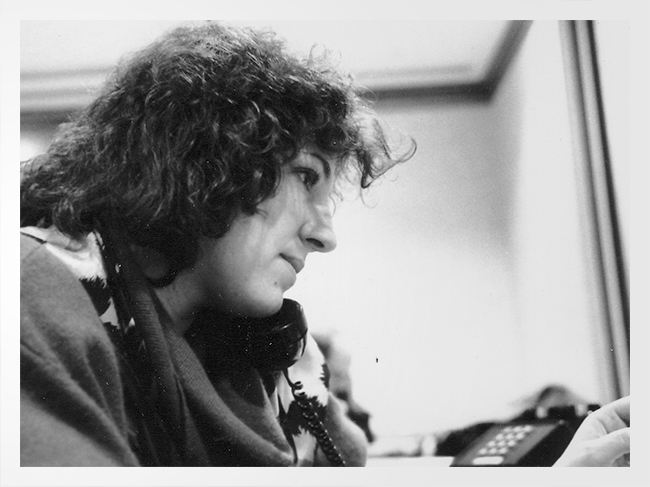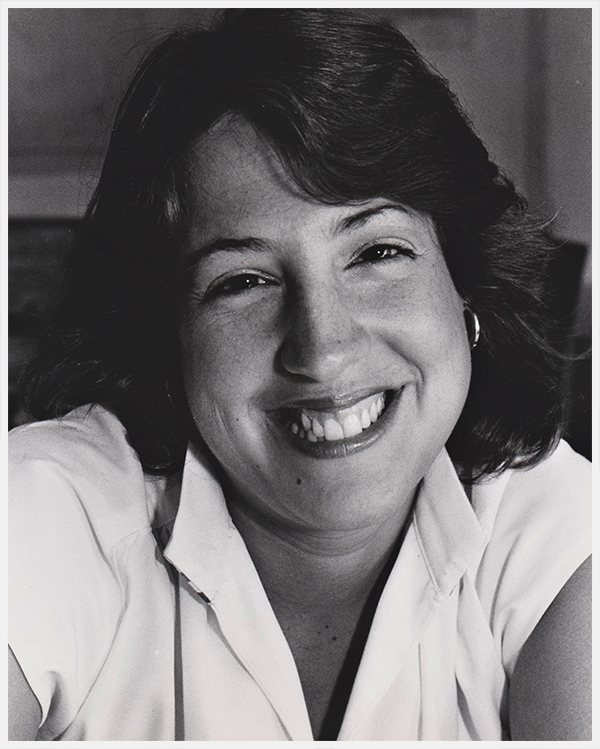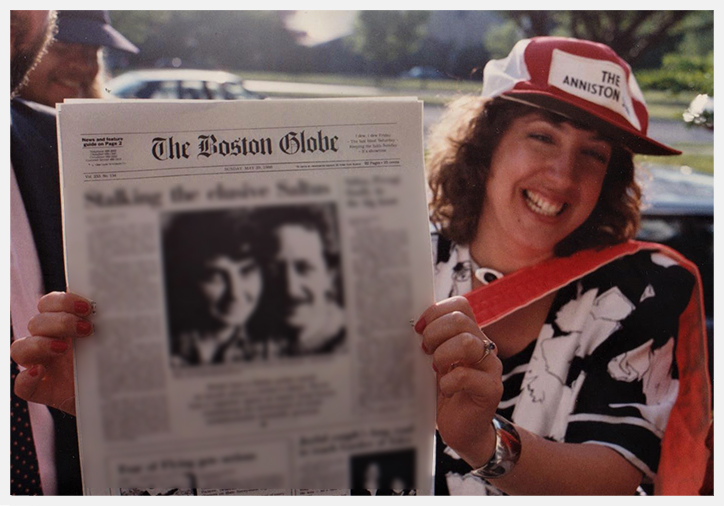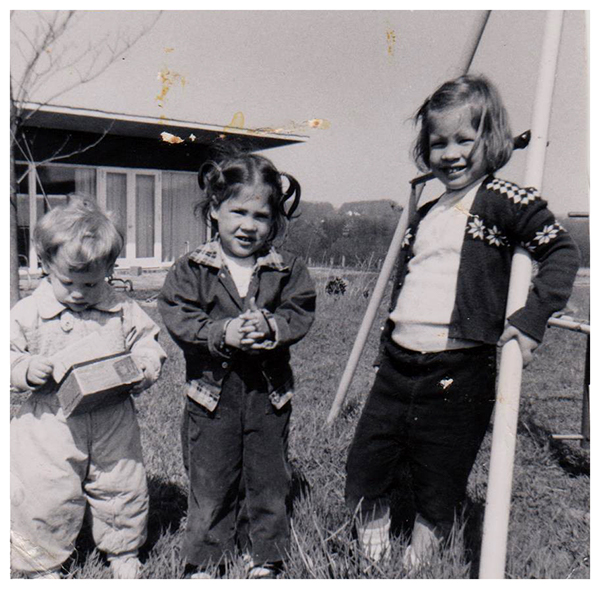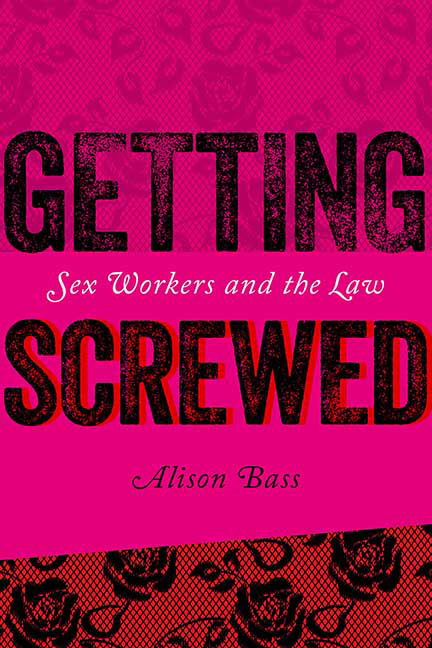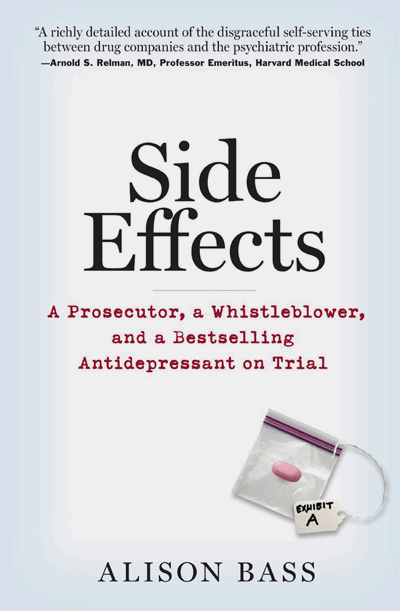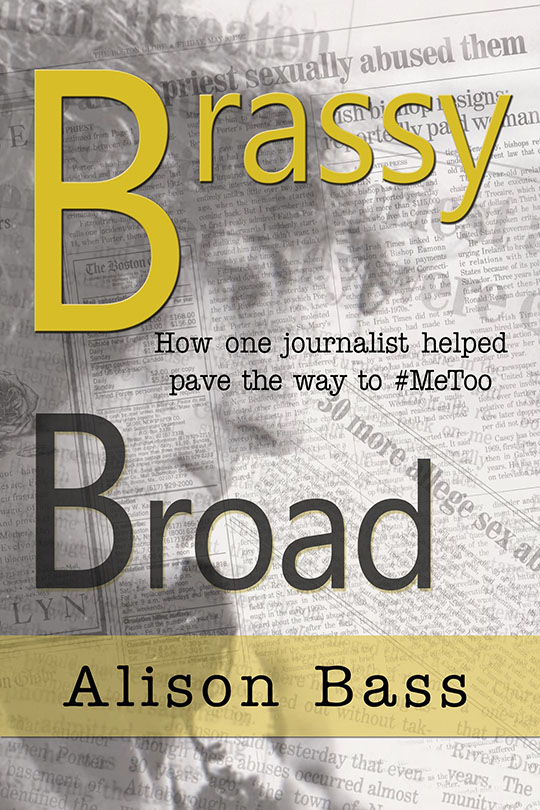
Before the dawn of social media, which has been a powerful tool for amplifying the voices of women, the experience of sexual harassment and abuse was both insidious and isolating. Egregious workplace behavior toward women was tolerated with the unspoken acceptance that “men will be men.” Complaints about sexual assault in and outside the office often ended up with the victims being blamed. Ironically, newsrooms were a hotbed of both sexual discrimination and harassment. Women who complained were seen not as victims but as the problem, and either had to tolerate it or surrender their career ambitions. I took the third way. I used my skills as a journalist to illuminate other women’s stories.
I was the first reporter in the nation to write about how common it was for male psychiatrists to have sex with their female patients and how that abuse of trust devastated survivors. I was also the first reporter at The Boston Globe to write about the molestation of children by Catholic priests – a decade ahead of the Spotlight investigation chronicled in the Oscar-winning 2016 movie.
But my success came at a price. Some of my bosses had trouble with my assertive reporting style and refusal to take ‘no’ for an answer. When I was at The Miami Herald in the ‘80s, my editors didn’t know what to do with a “brassy northern broad’ who kept breaking stories about government corruption even though that wasn’t my beat. At the Globe, I was denied a berth on the Spotlight team because I was considered too independent-minded for a woman.
The narrative is framed by my childhood experience growing up in Bryn Gweled, an unusual cooperative community that taught me to challenge the status quo. Being raped my junior year abroad in England, as traumatic as that was, made me a more empathetic and open-minded reporter. I weave these stories together with chapters about my journalism career into a gripping tale about one woman’s struggle to establish herself as a respected journalist and author in an industry dominated by men. In a sense, Brassy Broad is the inverse of Hillbilly Elegy, in that it tells the story of how growing up in a close-knit rural environment gave rise to a deeply questioning female sensibility.”
Publication Date: September 2021
Journalist, Professor, Author
Alison Bass
Alison Bass was a long-time medical and science writer for The Boston Globe. A series Bass wrote for the Globe on psychiatry was nominated for a Pulitzer Prize in the Public Service category. Bass has received a number of other journalism awards for her work.
Bass is the author of two critically acclaimed nonfiction books, Getting Screwed, Sex Workers and the Law and Side Effects: A Prosecutor, a Whistleblower, and A Bestselling Antidepressant on Trial, which received the prestigious National Association of Science Writers’ Science in Society Award. The film rights for Side Effects were optioned in 2016.
Brassy Broad
How One Journalist Helped Pave the Way to #MeToo


